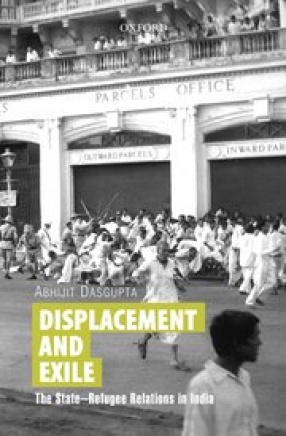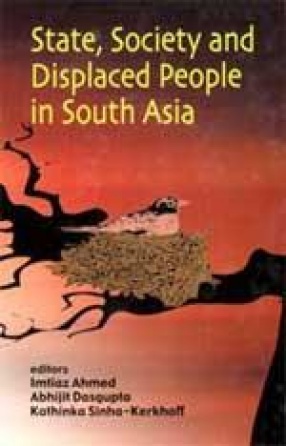India has played host to numerous refugee groups since its independence, beginning with the refugees of Partition. Significantly, it has eschewed the major international agreements on displaced people. While this has enabled India to remain autonomous in dealing with refugees, it has resulted in the absence of laws and mechanisms to address cross-border migration, resulting in ad hoc and inconsistent executive responses to refugee groups.
Highlighting the emerging areas in the study of displaced persons in India, Abhijit Dasgupta presents an ethnographic account of lives in exile, analysing the agency and voices of those who flee across international borders, the identities they forge for themselves, their relations with their hosts, and their interactions with states and non-governmental organizations.
The author examines three specific displaced groups-the Partition refugees from East Pakistan (1947), the Sri Lankan Tamil refugees who reached India in 1983, and the refugees of the Bangladesh Liberation War (1971).
Contents: Introduction. 1. Residues of partition: displaced Bengalis in West Bengal. 2. Three decades in exile: Sri Lankan Tamils in India. 3. Exile and freedom: Bangladesh liberation war refugees, 1971. Conclusion. Appendix. Index.







There are no reviews yet.